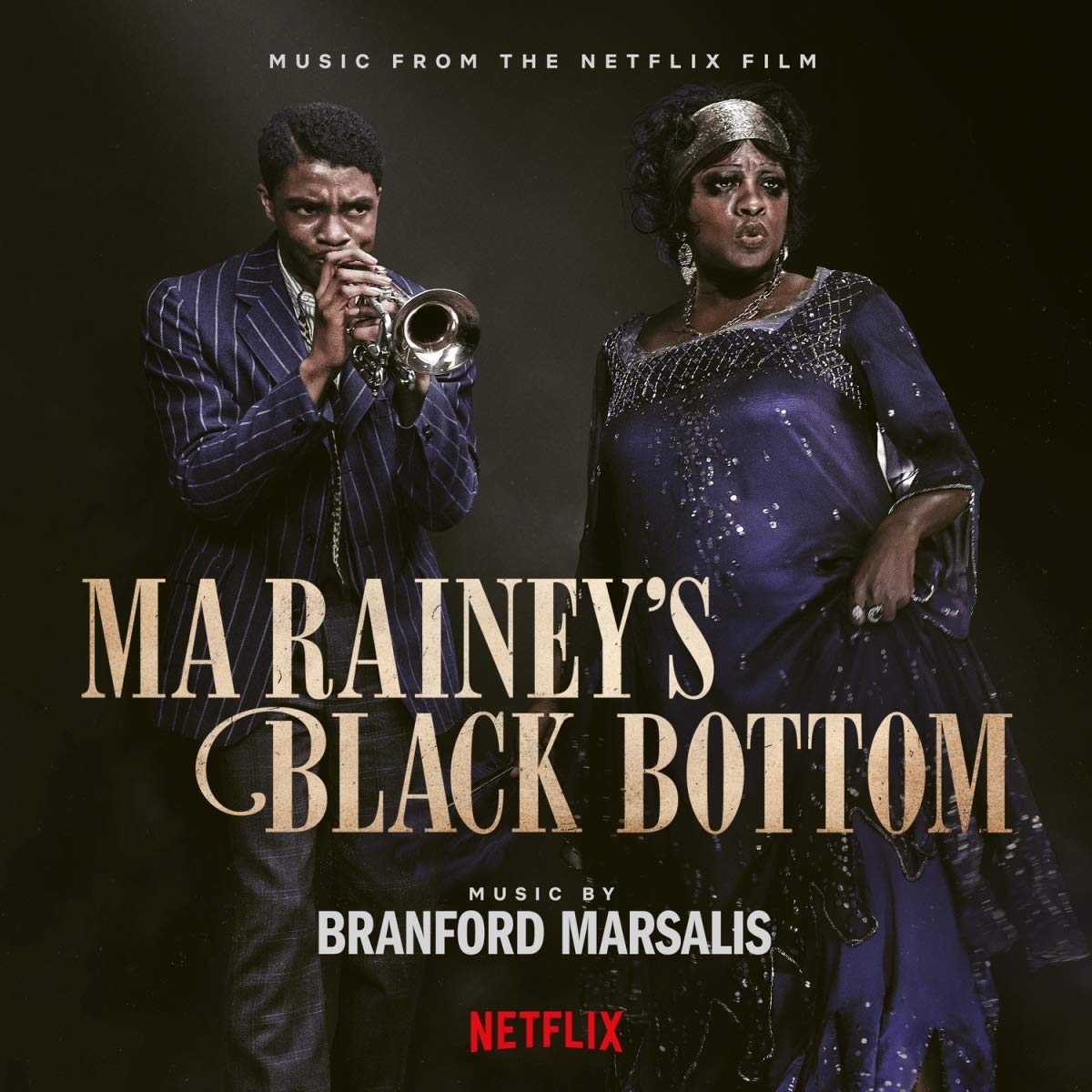
The recent film Ma Rainey’s Black Bottom, which is now streaming on Netflix, is not so much a biopic of the renowned “Mother of the Blues” as the fictionalized tale of the musicians who accompany her in a Chicago recording studio. More pointedly, it focuses on the travails of African-Americans who chose to make their livelihood as performers in the 1920s, a transitional time when—to put it mildly—they were treated less than kindly by those who called the shots within the nascent music industry. Based on a 1984 play by August Wilson and starring Viola Davis as Rainey and the late Chadwick Boseman as the suave and forward-thinking, if often problematic, trumpeter Levee, the film opens a window into a world that few living people experienced first-hand, yet one that often feels familiar. For the score, Branford Marsalis needed to place himself into that century-old mindset, with which he has stated he was largely unfamiliar, without slipping into clichés that would brand the score as inauthentic or worse. The soundtrack includes a handful of Rainey compositions (one of which, “Those Dogs of Mine,” is sung by Davis), but the bulk consists of new pieces composed by Marsalis and performed with spirit and sensitivity by the assembled players. Several of the tracks weigh in at less than a minute; others last not much longer. When Marsalis and crew are freed up long enough to give the music some heft—as on the quasi-orchestral “The Story of Memphis Green” and the shuffling “Levee’s Song”—the music both approximates the era from which it draws its inspiration and stands on its own alongside any other contemporary jazz.
